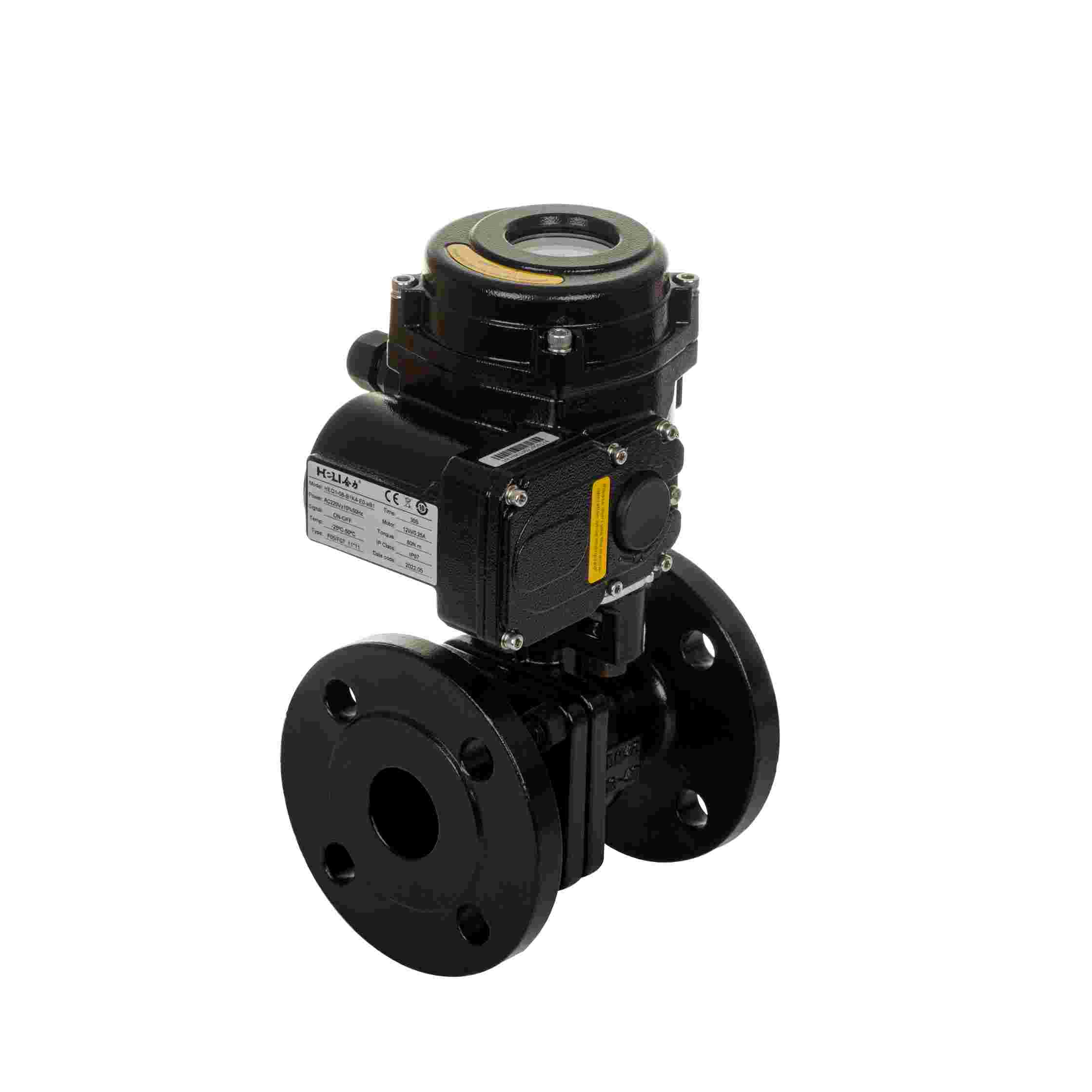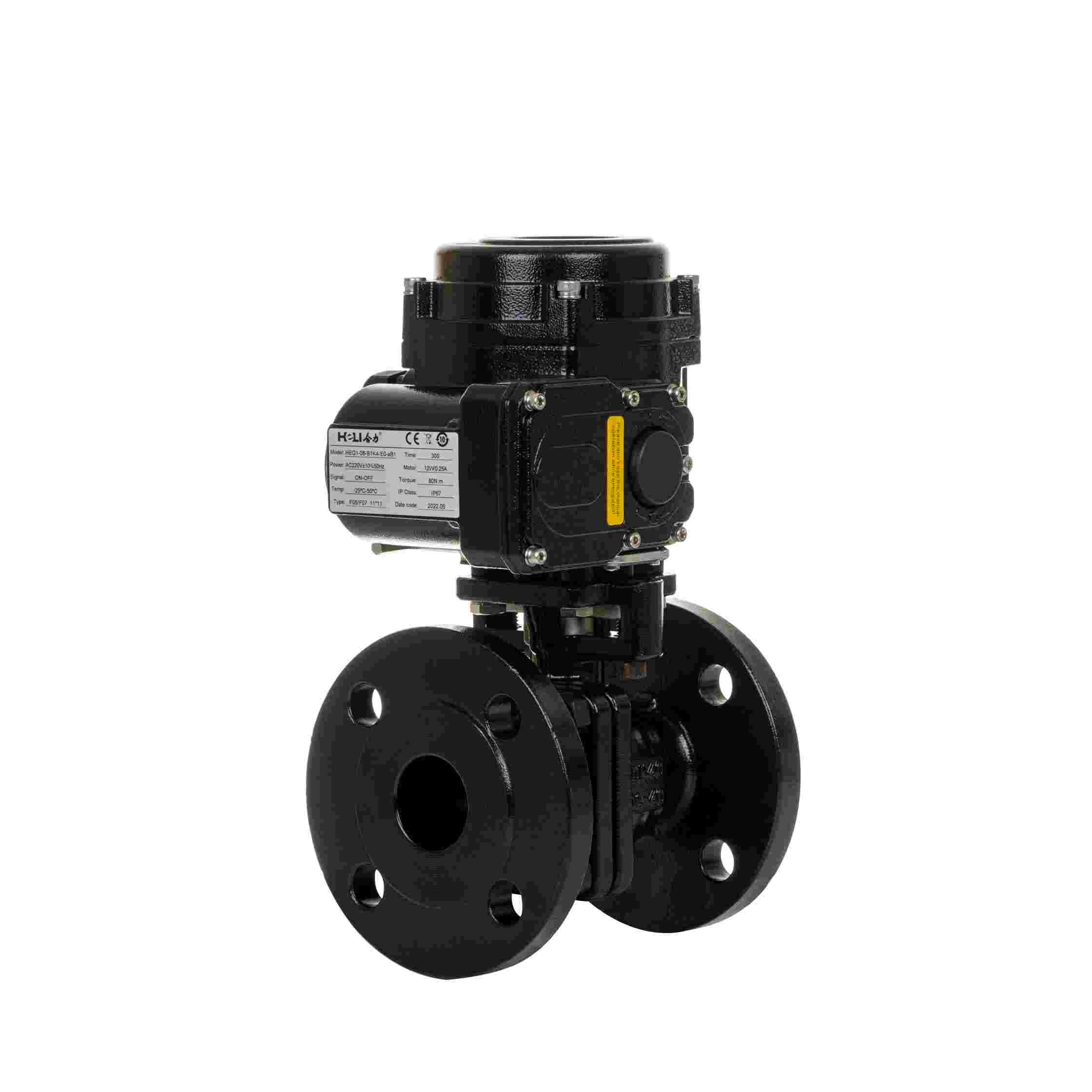
In recent years, hydrogen energy has emerged as a promising alternative to fossil fuels, driving the global transition toward sustainable energy systems. With the pressing need to mitigate climate change and reduce greenhouse gas emissions, hydrogen fuel is gaining attention for its potential to provide clean and efficient energy solutions. Among the various technologies supporting the hydrogen economy, electric valves play a crucial role in ensuring the safe and efficient handling of hydrogen.

Hydrogen is the most abundant element in the universe and can be produced through several methods, including electrolysis, steam methane reforming, and biomass gasification. When utilized as a fuel, hydrogen generates electricity through fuel cells or can be combusted to produce heat. The only byproduct of both processes is water, making hydrogen energy a zero-emission energy source when produced from renewable resources.

